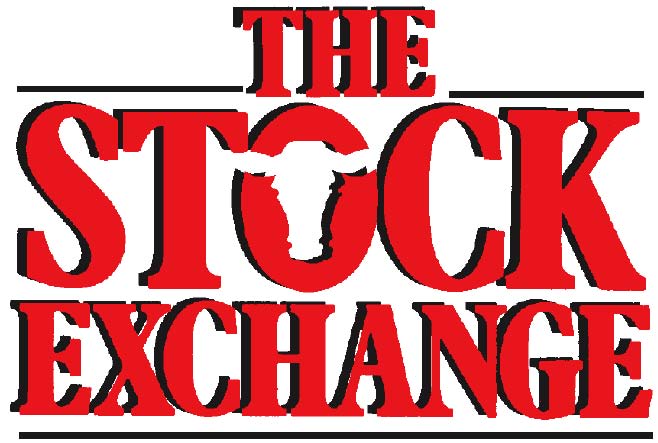K-State experts offer advice on how to make the most of the relationship with the banker
MANHATTAN, Kan. — Anyone who has ever participated in a group sport knows that the most successful teams are the ones where the players and coaches communicate well and recognize that the athletes each possess unique talents that can benefit the team.
In much the same way, ranchers who assemble a team of experts to include a veterinarian, nutritionist and a financial advisor often find success that results from the collaboration.
“Building a team of trusted advisors is key to running a successful ranching operation,” said Bob Weaber, Kansas State University beef cattle extension specialist, during a recent Beef Cattle Institute Cattle Chat podcast.
Joining in the conversation was Dustin Pendell, agricultural economist; and Bob Larson, veterinarian.
Weaber said farmers and ranchers need to seek input from experts who will give them honest feedback about their goals and financial plans.
“Having someone sitting across the table who gives you good input on your business plan can make your operation stronger and more profitable,” Weaber said.
The BCI experts agreed that a good relationship begins with informal communication and engagement with the lending partner.
“You want to be proactive with lenders in good times so if you are ever in a financial hard spot you have an open line of communication,” Pendell said. “If they have a good understanding of your finances and future plans, they can advocate for you.”
Larson said that a “no” answer on a loan request shouldn’t always be viewed as a negative.
“They want to loan you money, so a ‘no’ may mean that they want to better understand your plan or perhaps they have another idea that may reduce the investment risk,” Larson said. “So be open to having a back and forth conversation with your lender.”
Weaber added that ranchers should recognize the value of the expertise the lender brings to the conversation.
“The lender has probably had similar conversations with several farmers and ranchers in your area, so she may have a perspective about what is working on other operations that may benefit you,” Weaber said. “And that can be a real advantage to your business.”
The experts agreed that it is important to view the lender as an important member of the team.
Pendell said: “Just as you consult with veterinarians and nutritionists for your ranching operation, it is important to recognize that the lender is going to be your strongest adviser on the business side, and so having a good relationship with them is important.”
Here are the top strategies when developing a relationship with a lender:
- Know your tolerance for risk.
- Have a good understanding of your current financial position.
- Create an arrangement that is positive for both you and your lender.
- Don’t be afraid to ask for what you want.
- Respond to criticism by recognizing feedback isn’t always negative.
- Be proactive in developing a long-term relationship by having open lines of communication.
To hear the full discussion on working with a lender, listen to the BCI Cattle Chat podcast.
